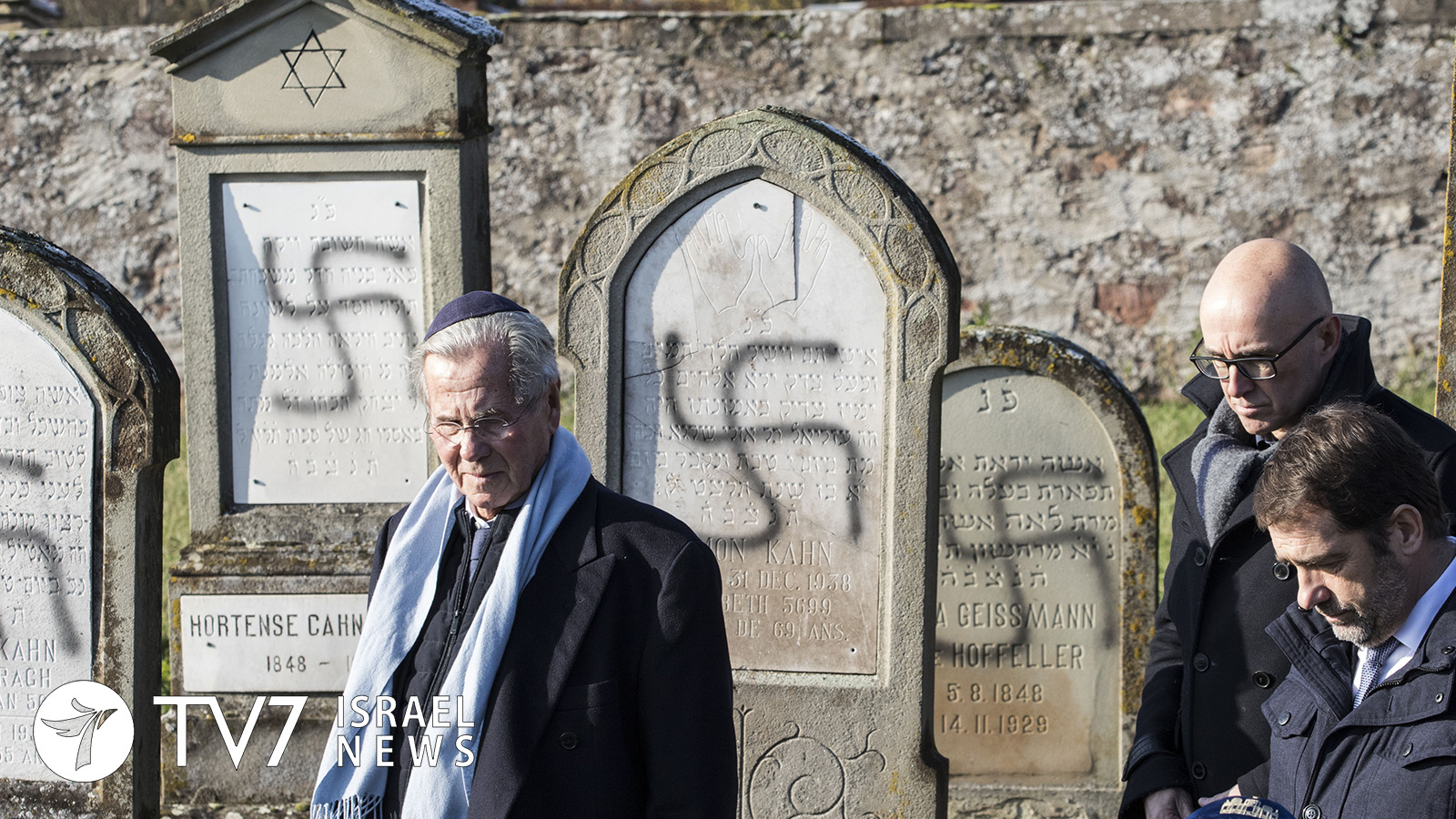The United States will now officially withhold federal funding from any educational institutions that fail to combat anti-Semitism.
President Donald Trump signed an executive order to that end on Wednesday (December 11), effectively broadening the classification of Judaism from a religion to include race and/or nationality.
The Trump Administration is determined to take action within legal parameters against anti-Semitism through application of a law that penalizes discrimination on the basis of national origin.
To better explain the impact of the executive order, President Trump instructed the U.S. Department of Education to consider the International Holocaust Remembrance Alliance’s (IHRA) definition of anti-Semitism – which also includes criticism of Israel – during its evaluation of discrimination complaints, in accordance with Title (6) of the 1964 Civil Rights Act, which prohibits discrimination based on race, color and national origin. The executive order, which has already drawn criticism from free speech activists, was specifically designed to target anti-Jewish behavior at American universities.
Israeli Foreign Minister Yisrael Katz warmly welcomed Trump’s action and called on additional nations to pass similar measures. The top Israeli diplomat further praised the White House for formally adopting the IHRA, which defines anti-Zionism as a form of antisemitism. According to Minister Katz, “These are significant steps in the ongoing fight against antisemitism and the BDS movement on college campuses.”
It is important to note that in contrast to the Israeli Foreign Minister’s statement, while the IHRA does not explicitly reference “anti-Zionism” it does categorize ‘denying Jews their right to self-determination’ as ‘anti-Semitic.’
A week prior to President Trump’s executive order, the French Parliament’s lower house approved a non-binding resolution also framed by the IHRA, by a majority vote of 154 to 72. Just hours before the Paris vote, police confirmed the desecration of Jewish graves in eastern France. 107 graves were defaced with anti-Semitic symbols including swastikas at a cemetery in the city of Westhoffen in the Bas-Rhin region; not far from where nearly 100 other Jewish tombstones were defaced in nearby Schafhouse-sur-Zorn last February. Other Jewish burial sites were desecrated in Herrlisheim, northeast of Strasbourg almost exactly one year ago.
Referring to the vandalism, French Parliamentarian of the liberal, centrist ‘Republic on the Move’ party Sylvain Maillard told the lower house “Anti-Semitism is a hatred that’s characterized by three principles – it is multi-secular, it promotes genocide, and it frequently changes form. Since it renews itself constantly, we have to constantly look for new ways to fight it.”
MP Constance Le Grip of the center-right, Gaullist ‘Republicans Party’ said, “In France, anti-Semitism bullies, attacks. It has tortured and killed. We thought we defeated it the day after World War II, we are wrong. We are aware of the numbers, which does not make it less shocking – a 74% increase in anti-Semitic acts in France in 2018. That’s the count sadly recorded by the Interior Ministry and the National Consultation Council for Human Rights. And we can safely bet that when the 2019 numbers are released, they will certainly not show a decrease in anti-Semitic acts.”
Both Israel, the World Jewish Congress and International Christian Embassy Jerusalem praised France for stepping-up its efforts against the anti-Jewish scourge. The Western European nation is home to the continent’s largest Jewish community of about 550,000. Regrettably, anti-Semitic attacks are common across the country, which also has a notable Muslim population, with more than 500 recorded attacks in 2018 alone.
